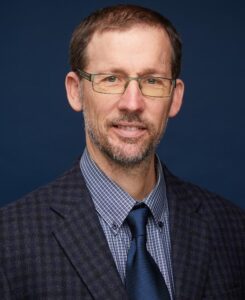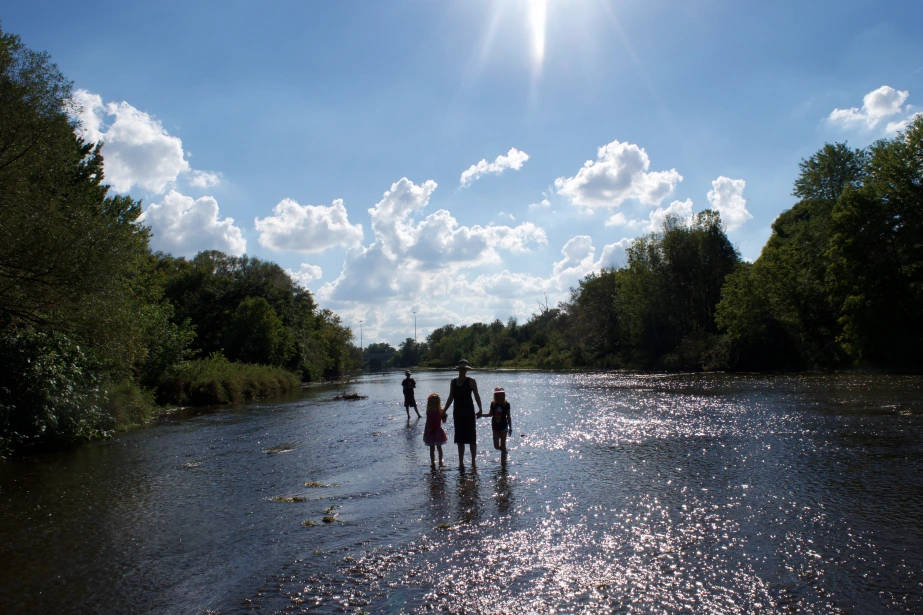
For the past 50 years, the Canadian Scientific and Christian Affiliation has facilitated discussions about science and Christian faith in Canada. As part of our 50th-anniversary celebrations, we asked 50 CSCA members to comment on their personal connections to science, scripture, and Canadian scenery. We will share these contributions throughout 2023 in the hope that you will find them engaging and encouraging.
CSCA member of the week: Peter Schuurman, Executive Director, Global Scholars Canada.
 1. Why did you choose your scientific discipline?
1. Why did you choose your scientific discipline?
Maybe because I was accident-prone and had a number of hospital visits as a youth, I grew up with a strange disquiet about “What it all for?” This quest for meaning led me naturally to theology and philosophy, but such disciplines can seem oddly foreign, if not entirely abstract. In my undergrad years I stumbled into the writing of the sociologist Peter Berger, who explained how our philosophies have a social location—in fact, he said our worldviews are socially constructed. Having grown up in church, this made intuitive sense to me, and I went on to get graduate degrees in sociology and religious studies, seeing my studies as a form of grounded philosophy, or a worldview with legs. Since then I continue to ask about the history of certain religious perspectives and their connection to social structures and lived experience, what is now more formally called Practical Theology. This sort of interdisciplinary approach—of social science and theology—is what keeps me asking questions and listening for the wisdom hidden in the cacophony of academic voices today.
2. What is one of your favourite Bible verses and why?
Many find 1 Corinthians 13 romantic, and it is certainly a profound piece on the nature of Christian love. But one verse near the end has always rang existentially true for me: “What we see now is like a dim image in a mirror…” This sense of knowing, but knowing in part, seems to be our humble human condition this side of heaven, and maybe on the other side of heaven, too, where God remains God. As a social scientist who sees how our lived experience conditions the way we know—and the way we worship—it seems to be a good thing to keep in mind, especially in our polarized times. Even our science is fallible and contained in a series of paradigm revolutions, so St. Paul’s epistemology of love is probably our best bet for a research program bent on human flourishing.
3. Which Canadian city or landscape do you love exploring and why?
I’ve walked the entirety of the Bruce Trail and continue to appreciate it as one of the hidden treasures of Southern Ontario. It takes one through 800 km of the Niagara escarpment from Queenston Heights to Tobermorry—the highways, farms, forests, parks, waterfalls, and ski hills of my own backyard. In season, the wild raspberries and blueberries, too. In short, its a beautiful public trail for all to get some fresh air and exercise.
